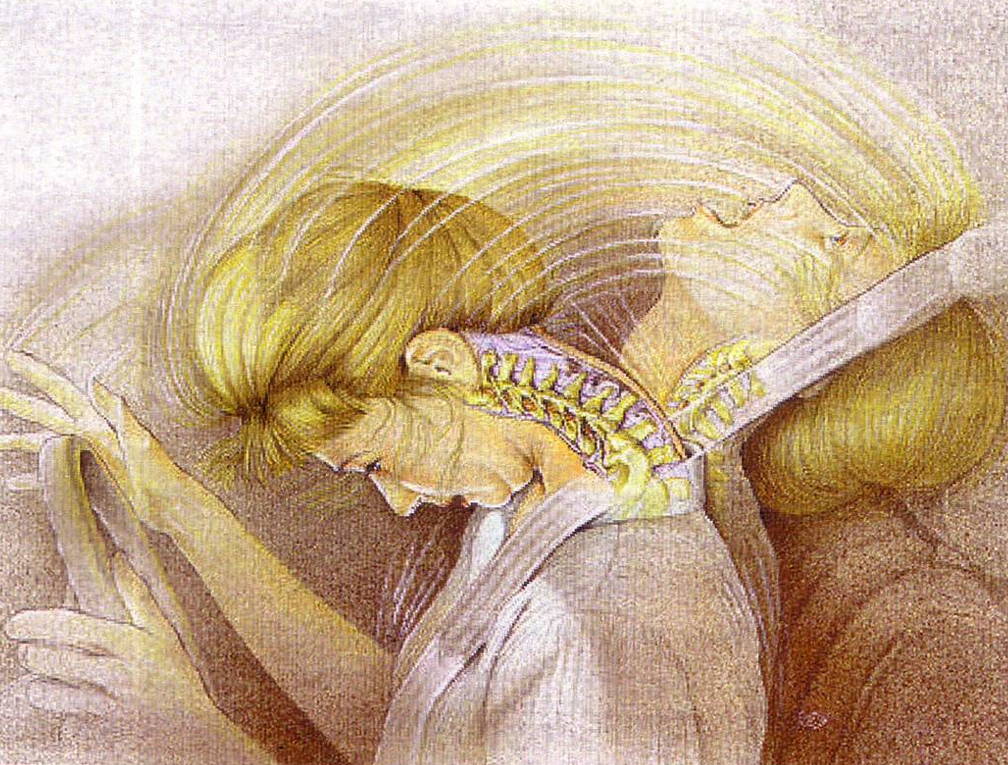 Whiplash is a term that describes injury to the neck that occurs as a result of a motor vehicle or car accident. The most common type of car accident is the rear impact, and most typically, the occupant in the vehicle that gets “rear-ended” (hit from behind) is at the greatest risk of injury, including whiplash.
Whiplash is a term that describes injury to the neck that occurs as a result of a motor vehicle or car accident. The most common type of car accident is the rear impact, and most typically, the occupant in the vehicle that gets “rear-ended” (hit from behind) is at the greatest risk of injury, including whiplash.
What Is Now Known about Whiplash
Until recently, the reason for the extent of whiplash injuries was poorly understood. In addition, due to the legal and insurance issues, the veracity of complaints of neck pain and other symptoms by people who suffer from whiplash is commonly viewed as suspect.
However, recent research has helped clarify why occupants struck from behind experience more extensive whiplash injuries than those in other types of crashes. This new information is important for the physician treating whiplash pain, as it impacts the physician’s case management strategy.
Related Whiplash Symptoms/Conditions
Whiplash injuries can be quite complex and may include a variety of related problems, such as:
- Joint dysfunction. As a result of the whiplash, one of the joints in the spine or limbs may lose its normal resiliency and shock absorption (referred to as the joint play), possibly leading to restricted range of movement and pain.
- Disc herniation. A whiplash accident may injure the discs between the vertebrae, lead to small tears and cause the inner core of the disc to extrude through its outer core. If the disc’s inner core comes in contact with and irritates a nearby spinal nerve root, a herniated disc occurs, with symptoms possibly including sharp, shooting pain down the arm and even neurological symptoms like numbness, tingling and muscle weakness.
- Faulty movement patterns. It is believed that the nervous system may change the way in which it controls the coordinated function of muscles as a result of a barrage of intense pain signals from the whiplash injury.
- Chronic pain. While often resulting in minor muscle sprains and strains that heal with time, more severe whiplash injuries may produce neck pain and other symptoms that are persistent and long-lasting (chronic).
- Cognitive and higher center dysfunction. In some instances, whiplash may affect the patient’s mental functioning, possibly leading to difficulties concentrating, as just one example.
Source: www.spine-health.com; Donald Murphy, DC; September 30, 2009








